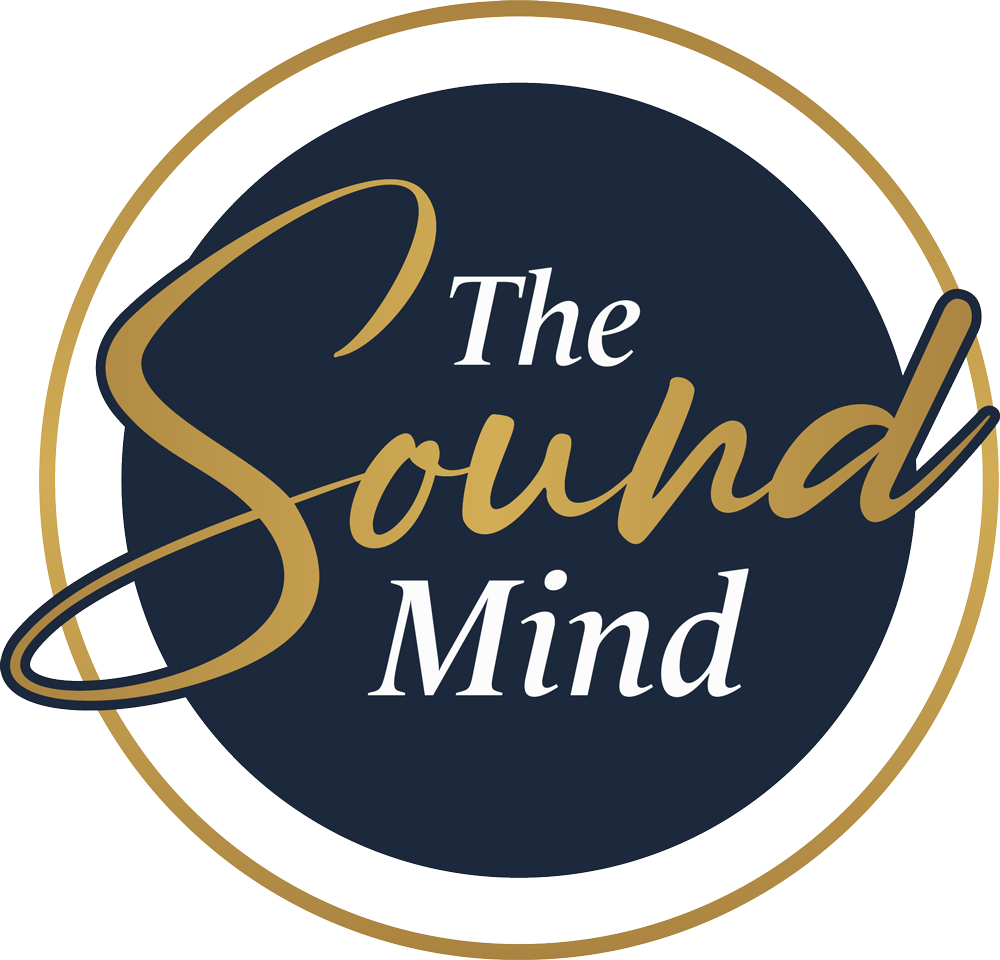Exploring Neurofeedback
A Newcomer's Journey to Enhanced Self-Regulation and Peace
As a new client and future counselor stepping into the world of neurofeedback, I find myself both curious and apprehensive about this innovative therapeutic intervention. Neurofeedback, a form of biofeedback that uses real-time displays of brain activity to teach self-regulation of brain function, has gained traction in recent years as a promising treatment for various psychological and neurological conditions.
Neurofeedback operates on the principle that individuals can learn to control their brain activity through feedback mechanisms. During sessions, electrodes are placed on the scalp to monitor brain waves, which are then displayed on a screen. Individuals engage in activities, such as watching a movie, where their performance is directly linked to their brain activity. This creates a feedback loop that encourages the brain to produce patterns of activity. As a newcomer, I was initially overwhelmed by the technology and the scientific concepts behind it, but the welcoming environment and support from the clinician quickly eased my concerns.
Walking into my first neurofeedback session, I had a mix of expectations and skepticism. I had read and been advised about the potential benefits, including improved focus, reduced anxiety, and enhanced emotional regulations, but I wondered how effective this would be for me personally. The session began with a comprehensive assessment of my brain activity, which helped the clinician tailor the feedback to my specific needs. As I settled into the chair and the electrodes were attached, I felt a sense of anticipation. The initial experience was surprisingly calming; I was instructed to relax and focus on the screen in front of me while holding a soft vibrating bear. The gentle sounds and visuals created a soothing atmosphere, making it easier to engage with the process.
One of the most significant benefits I have experienced from neurofeedback is an increased awareness of my mental state. The real-time feedback allows me to recognize when I am becoming anxious or distracted, empowering me to implement strategies to regain focus. This self-awareness has translated into my daily life, where I find myself better equipped to handle stressors and maintain a sense of calm. Additionally, I have noticed a marked improvement in my sleeping patterns. In fact, I had expressed to my clinician that “I have been about to sleep for a full 8 hours and have been sleeping like a rock.” We also discussed a new profound sense of peace and comfort during my sessions, which is carried throughout my days.
As I continue my neurofeedback journey,l I am increasingly optimistic about the potential for personal growth and healing. This therapeutic intervention has opened doors to self-discovery, allowing me to understand my brain and its function better. Neurofeedback is not merely a treatment; it is a pathway to empowerment and self-awareness. For anyone considering this innovative approach, I encourage you to embrace the experience with an open mind and a willingness to explore the depths of your own mind. The journey may be challenging, but the rewards can be transformative
Written by: Jasmine Vieira, LPC-I
Now taking appointments in Boise, Idaho at The Sound Mind

